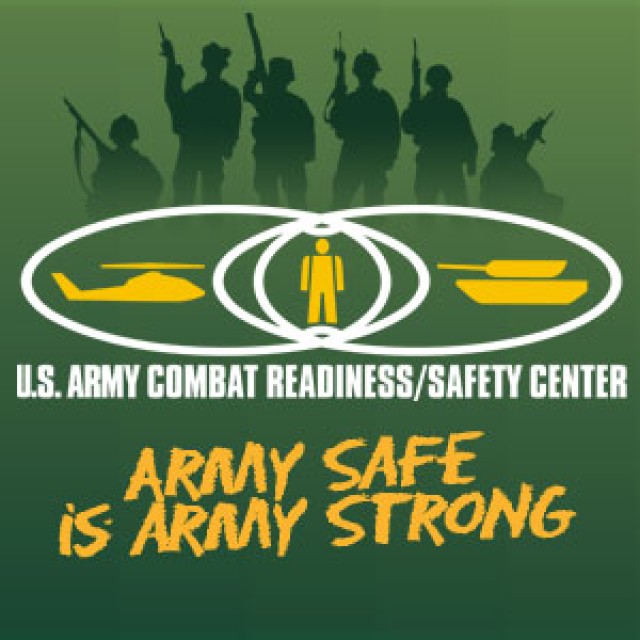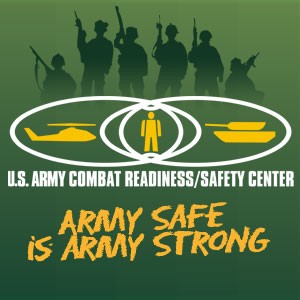TACOMA, Wash. -- Memorial Day Holiday marks the start of 101 Days of Summer, an Army campaign with the focus of reminding everyone to keep off-duty and summer activities safe. This campaign emphasizes the importance of thinking about our activities and planning to be safe.
Many of our fun-in-the-sun activities are specific to the weather and time of year. They may be activities that those of us who love summer dream about and eagerly anticipate all winter long, until we finally get one of those wonderful days when the temperature gets warm enough for shorts and sandals, water sports, camping, baseball, and long road trips sometimes made on two wheeled vehicles.
Unfortunately summer activities, while presenting some of the same risks as the rest of the year, (the risk of combining alcohol and driving doesn't change with the season) have risks uniquely specific to this time of year.
One factor needing extra consideration during the summer is that many school age children are not in school. Another is that the majority of pedestrian/ vehicular accidents happen in crosswalks. In the Pacific Northwest, the sun is something unusual enough to stop interstate traffic. We need to plan and adjust our actions accordingly. Something as simple as locating sunglasses in convenient, easily accessible locations prior to starting the car may be enough action to prevent an accident.
Fortunately, the Army provides us with a tool called Composite Risk Management useful for managing risks both on- and off-duty. This tool, comprised of five steps, assists in the thought process for identifying and evaluating risk, and mitigating hazards. It's based on the simple question "What can possibly take me out today'"
It works not only for summer activities but activities year-round. Our responsibility is to use this tool. Our responsibility is to realize personal acceptance of our decisions and consequences of our actions.
With regards to water sports, remember that water in the Puget Sound stays cold all summer and that hypothermia is deadly; if at all possible, stay in or with the boat. Personal flotation devices won't work if you don't use them, and by the time you realize you need them, there often isn't time to put them on.
Never use your head as a depth gauge; get into the water feet first. Whether or not you feel hungry or thirsty, nutrition and hydration is important especially during high energy activities. Think about what you are doing and remember the question from the paragraph above, "What can possibly take me out during this activity'"
Keep someone informed about your plans. Maintain situational awareness and be ready to adapt. And above all, look out for your buddy, friend, relative, loved one, and encourage him/her to look out for you.


Social Sharing